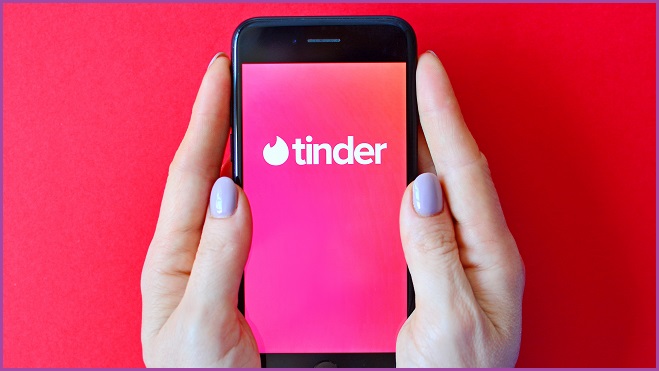An international investigation has caught Tinder charging users different amounts for its subscription services based on profile information.
The research from Consumer International and the Mozilla Foundation set up secret shoppers around the world to discover different prices people pay for Tinder Plus, the dating app’s subscription service.
It found prices swung dramatically within the same country, with some users being charged five times the amount of others for the same features.
Older users are especially targeted by Tinder’s pricing algorithm which, on average, charged 30-49 year-olds 65 per cent more than 18-29 year-olds.
Ashley Boyd, VP of Advocacy at Mozilla, said personalised pricing wasn’t inherently harmful but it needs to be done fairly and transparently.
“Our research reveals that Tinder’s algorithm is unfair, irresponsible, and opaque,” she said. “Opaque AI systems like Tinder’s are common across the marketplace, and only growing more so.
“We need a broad approach to reforming these systems, from stronger consumer protections to greater transparency for civil society and government.”
Tinder agreed to stop charging Californian users different prices based on age following a US$24 million class action lawsuit.
But the practice still continues in other jurisdictions and can be done without users even knowing they are being price-gouged based on their age.
Tinder claims to have started moving away from its age-based pricing policy and had discontinued the practice in the US, UK, Brazil, and Australia.
But Australian consumer advocacy group Choice said it noticed pricing differences among its own staff.
Choice has launched a petition calling on Tinder Australia to “rule out using personal data to charge people more”.
“This can potentially be any data Tinder holds about you like your location or hobbies, but the issue is we have no idea,” said Choice Senior Policy Advisor Amy Pereira.
“Not only is Tinder discriminating against its users based on their age, there is absolutely no transparency when it comes to the pricing algorithm they are using.
“The big issue is that Tinder won't come clean about how they set their prices.”
The normalisation of data collection and use has increased the risk of personalised pricing being used in a harmful way with the Mozilla report noting that it could lead to less knowledgeable consumers being exploited, and can limit consumer choice by creating an asymmetric market power imbalance.
It also speaks to issues about privacy and the way an individual’s data can be used against them.
“Consumers must be given greater agency over the use and dissemination of their personal data collected for personalised pricing purposes, while measures must be introduced to uphold data protections for all,” said Helen Leurent, Director General at Consumers International.
”Consumer associations, civil society organisations, and enforcement and supervisory bodies should be given meaningful access to the algorithms that determine personalised pricing in order to establish if the practice is fair.”










